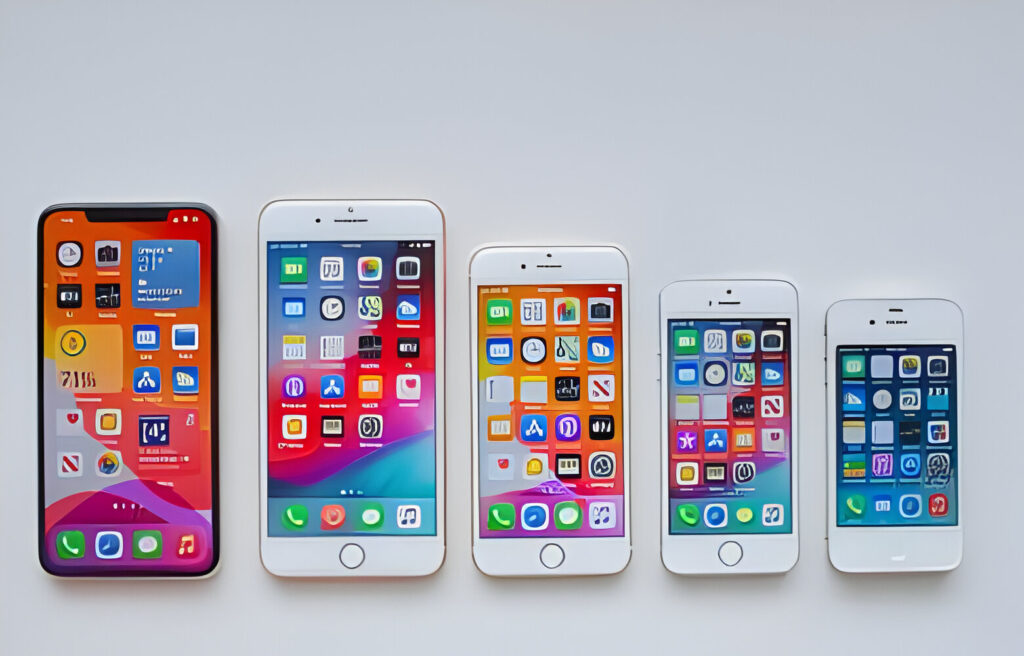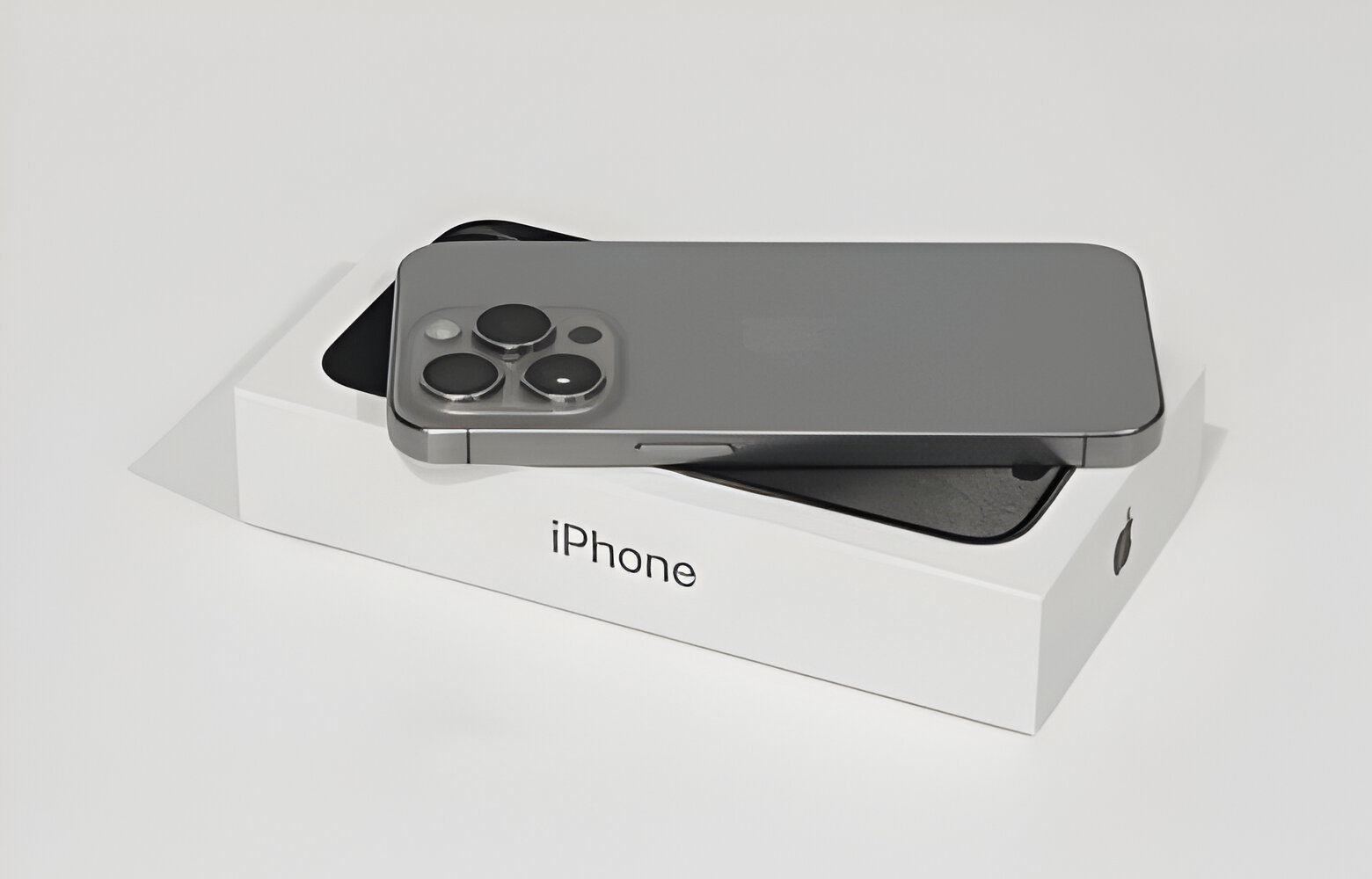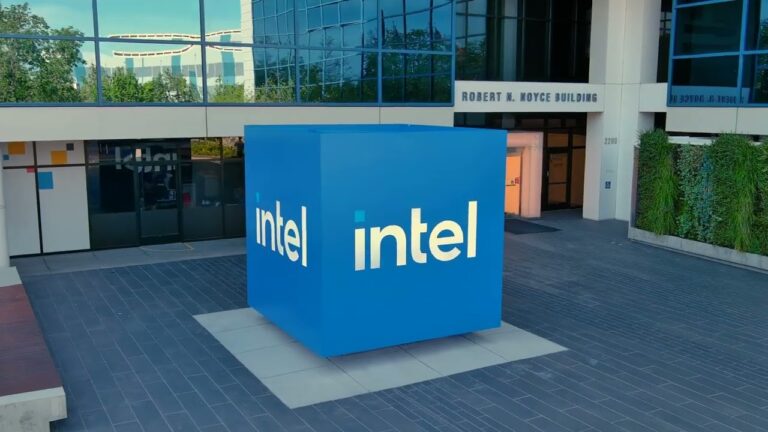In an era marked by rapid technological advancements and evolving brand strategies, Apple, a titan in the tech industry, finds itself at a pivotal crossroads concerning its iconic “i” prefix, used in product names like iPhone, iPad, and iMac. Ken Segall, the creative mind behind the original naming of the iMac, suggests that it’s time for Apple to retire this famed prefix. Segall, who worked closely with Apple co-founder Steve Jobs for over a decade, played a crucial role in several of Apple’s successful ad campaigns and branding strategies.
Back in 1998, it was Segall who persuaded Jobs to christen a new line of personal computers as the “iMac,” setting a precedent for subsequent product names that would become a hallmark of the brand. This move not only cemented Apple’s identity but also influenced global branding trends. However, in a recent interview with Wired, Ken Segall argued that the “i” prefix has outlived its relevance, with too many other companies now using similar naming conventions for their internet-related products, diluting the uniqueness that Apple once pioneered.
This sentiment is echoed by the fact that Apple itself has gradually moved away from this naming convention, opting for names like Apple TV and Apple Watch instead of iTV or iWatch, signalling a shift in branding strategy. The launch of the Apple Vision Pro further exemplifies this trend, reinforcing Apple’s preference for direct, functional naming that reflects the product’s features and Apple’s technological advancements.
Apple iPhone’s Future Uncertain

The question arises: What does this mean for the future of the iPhone, arguably the most successful product in Apple’s history? Branding experts suggest that Apple’s strong market presence and consumer loyalty would likely cushion any impact from a name change. A shift from iPhone to another name, such as Apple Phone, might initially surprise consumers but wouldn’t deter them from purchasing the product.
Despite the potential for rebranding, some industry professionals, like Anton Perreau of the Battenhall agency, argue that there’s no pressing need to rename the iPhone until Apple introduces a model with radically new features and design. Perreau’s perspective highlights a broader consensus that while the “i” prefix is not imperative for future Apple products, its historical significance and consumer familiarity offer substantial marketing value.
Apple’s decision to potentially phase out the “i” prefix represents more than just a change in nomenclature; it reflects a strategic pivot towards emphasizing technological innovation and functionality in product branding. As Apple’s continues to adapt to the evolving tech landscape, the legacy of its “i” prefix will endure, symbolizing a period of groundbreaking developments and monumental success in the digital age.




+ There are no comments
Add yours